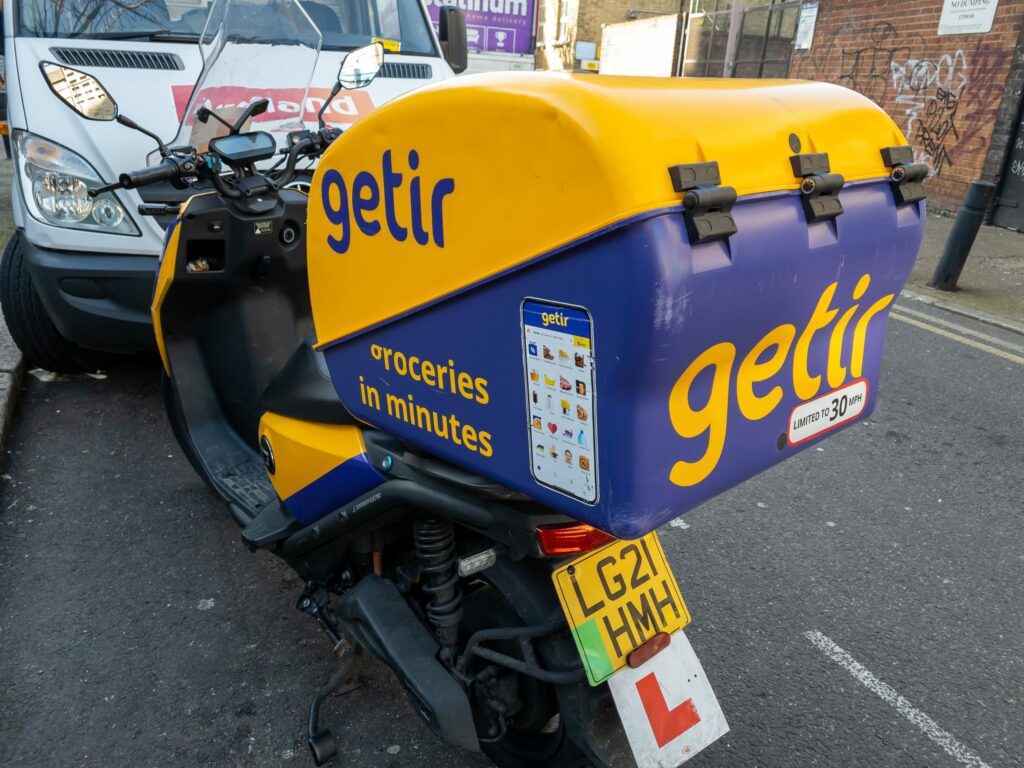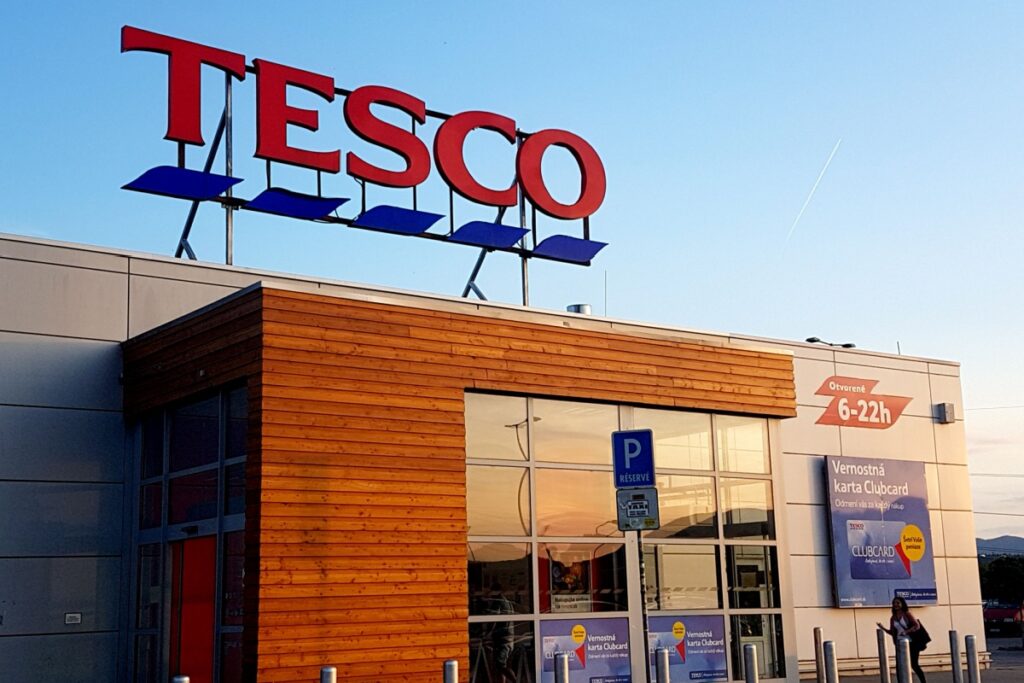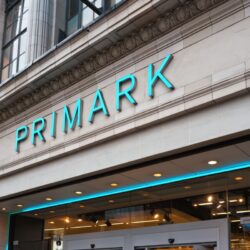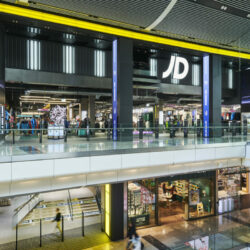The number of economy food and drink products launched in the UK has outstripped the number of premium launches for the first time in 2012, new research from Mintel reveals.
New product launches featuring economy claims accounted for nine per cent of total new food and drink launches in 2012 in the UK, compared to seven per cent of launches featuring premium claims. In contrast, two per cent of the market was economy products in 2008- highlighting the effect that the economic downturn has had on the food and drink industry.
This surge in economy lines makes the UK the leading country in terms of food and drink new product launches with economy claims globally, accounting for 21 per cent of global food and drink economy introductions in 2012. Last year, the UK even exceeded the US, which accounted for 20 per cent of global economy launches in 2012.
David Jago, Director of Innovation and Insight at Mintel, said: “The UK economy has struggled to see market recovery and consumer disposable income has remained under pressure. This has given buoyancy to the trend for food and drink brands and grocers to push their value credentials to the foreground. Much of the activity in the economy segment in 2012 was fuelled by UK supermarkets improving their value-for-money ranges in response to consumer challenges dictated by the on-going economic turmoil.”
He added: “The largest share of products with economy claims is driven primarily by significant private label investment in essential economy product ranges. Meanwhile, branded manufacturers in the US and Europe have used bulk value positioning to increase pack sizes, delivering lower average pricing per unit or pound, but higher overall package costs. However, this value pack strategy ignores some basic economics of poorer consumers, suggesting that alternative strategies may be successful. As budgets grow ever tighter, consumers are recalibrating their lifestyles and making new product choices, but they carry their middle and upper-class tastes and experiences with them.”
It seems that bargain hunting has become embedded amongst Britain‘s savvy shoppers, with more than seven in ten (72 per cent) consumers saying they like the ‘thrill‘ of getting a bargain. The figure is also strong amongst the highest earners (75 per cent of those earning £50,000 or over, vs 70 per cent of those under £9,500 and 78 per cent £9,500-15,499). Today, promotional activity has become essential to more than half of British consumers, who only buy certain products or brands when on promotion. And some four in ten say that promotions allow them to buy foods that they would not be able to afford otherwise.
A premium supermarket that has embraced economy food and drink products is Waitrose. The grocer launched its ‘Essentials‘ range in March 2009, which has since grown to 1,800 lines and now accounts for 18.5 per cent of total sales. Waitrose marketing director, Rupert Thomas, said: “When we launched essential Waitrose four years ago we set out to offer the quality our customers expect from us with the reassurance of Waitrose values at affordable prices. The success of the range has been overwhelming; 79 per cent of shoppers now add an essential Waitrose product to their basket when shopping with us.”
Packaging is also forecast to be a vital component in the challenge to reshape consumer lifestyles within and outside the UK, with Tesco moving away from the ‘stark blue strips‘ synonymous with the value for money range in-store.
Benjamin Punchard, Senior Global Packaging Analyst at Mintel, said: “Tesco recognise that this has been a barrier to purchase for the nouveau poor, ie those middle class consumer who increasingly find themselves on an ever tighter budget. With the UK being so well serviced by private label products the actions of retailers can have a far greater impact on the packaging landscape than you might see el
RELATED STORIES















